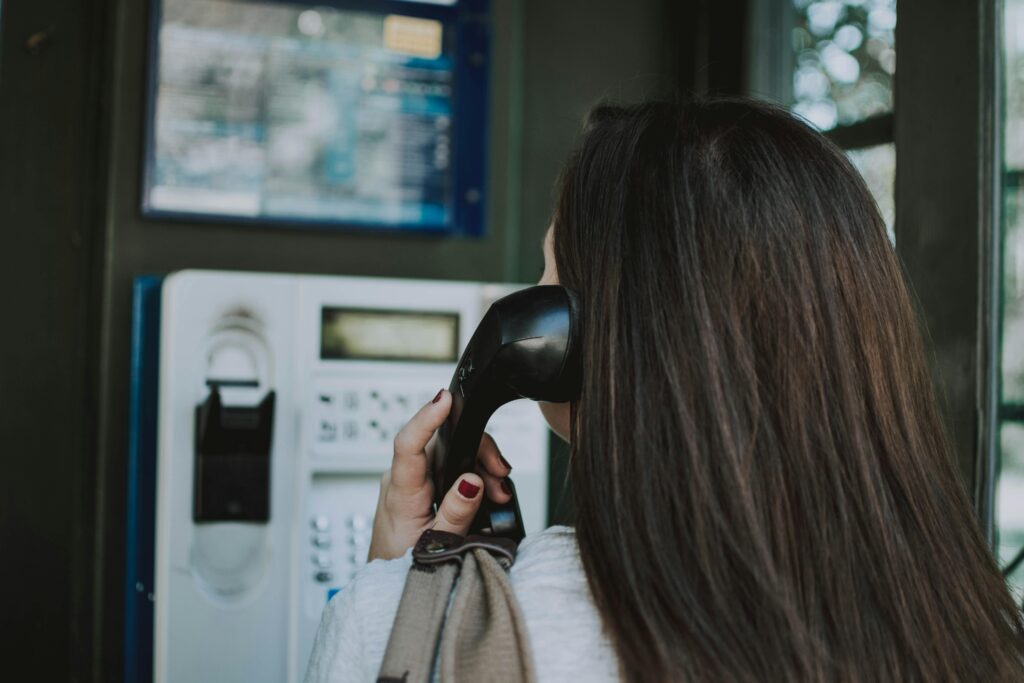Robocalls, particularly those associated with fraudulent activities like the 707-401-7910 Police Charity Robocall, have become a pervasive issue in today’s digital age. These automated calls, often claiming to be from legitimate organizations or government agencies, aim to deceive individuals into providing sensitive information or making financial contributions under false pretenses.
Understanding Robocalls
In essence, robocalls are automated phone calls that deliver pre-recorded messages to a large number of recipients simultaneously. These calls can range from telemarketing pitches to outright scams, with the latter posing significant risks to unsuspecting recipients. The rise of technology has made it easier for scammers to disguise their intentions and reach a broader audience with minimal effort.
Robocalls not only disrupt individuals’ daily lives but also pose serious threats to privacy and security. Victims of these calls often find themselves inundated with unsolicited messages, leading to frustration and anxiety. Moreover, robocall scams can result in financial losses and identity theft, making them a pressing concern for consumers and authorities alike.
707-401-7910 Police Charity Robocall: A Deceptive Scheme
The 707-401-7910 Police Charity Robocall is a prime example of how scammers exploit people’s goodwill for malicious purposes. In this scheme, individuals receive automated calls claiming to represent law enforcement agencies or charities soliciting donations for worthy causes. However, these calls are fraudulent, with the funds collected never reaching legitimate organizations.
Scammers often employ persuasive tactics to convince victims of the authenticity of their claims. They may use official-sounding language or reference recent events to lend credibility to their requests. Additionally, they may pressure individuals into making immediate donations or providing personal information under the guise of urgency or necessity.
Identifying Scam Calls
Recognizing scam calls is crucial for protecting oneself from falling victim to fraudulent schemes like the 707-401-7910 Police Charity Robocall. Some common signs of a scam call include unsolicited requests for personal or financial information, pressure tactics to act quickly or discreetly, and offers that seem too good to be true.
Scammers often use sophisticated techniques to manipulate recipients and bypass traditional safeguards. They may spoof caller IDs to appear as legitimate entities or use recorded messages that mimic human speech patterns. Despite these efforts, individuals can take steps to verify the authenticity of incoming calls and protect themselves from potential harm.
Consequences of Falling Victim
The consequences of falling victim to the 707-401-7910 Police Charity Robocall or similar scams can be severe and far-reaching. Beyond the immediate financial losses incurred, victims may also experience emotional distress and feelings of betrayal. Moreover, the compromise of personal information can have long-term implications for individuals’ privacy and security.
In addition to individual harm, scam calls can erode trust within communities and undermine efforts to support legitimate charitable causes. The prevalence of these schemes diminishes the willingness of individuals to contribute to worthy initiatives, casting doubt on the integrity of fundraising efforts and organizations.
Legal Measures and Reporting
Addressing robocall scams requires a multifaceted approach that combines legal measures with proactive reporting and enforcement. Various laws and regulations govern the use of automated calling systems and mandate transparency and accountability in telemarketing practices.
Individuals who receive scam calls should report them to relevant authorities, such as the Federal Trade Commission (FTC) or the Federal Communications Commission (FCC). By documenting and reporting suspicious activity, victims can aid in ongoing investigations and help prevent future incidents.
Protecting Yourself
While combating robocall scams requires collective action, individuals can take proactive steps to safeguard their personal information and mitigate risks. Simple strategies such as screening calls, registering for the National Do Not Call Registry, and installing call-blocking apps can significantly reduce exposure to fraudulent schemes.
Additionally, staying informed about common scam tactics and remaining vigilant when receiving unsolicited calls can help individuals identify and avoid potential threats. By exercising caution and skepticism, individuals can protect themselves and their loved ones from falling victim to robocall scams.
Community Impact
The impact of robocall scams extends beyond individual victims to affect entire communities. The proliferation of these schemes undermines trust in essential services and institutions, leading to increased skepticism and reluctance to engage with legitimate organizations. Moreover, the financial losses incurred by individuals reverberate throughout local economies, detracting from efforts to support community welfare and development.
Efforts to combat robocall scams require collaboration and coordination at the community level, involving stakeholders from government agencies, law enforcement, and civil society organizations. By raising awareness about the prevalence and risks of scam calls, communities can empower individuals to protect themselves and advocate for systemic changes to address the root causes of the issue.
Consumer Awareness Campaigns
Consumer awareness campaigns play a crucial role in educating the public about the dangers of robocall scams and equipping individuals with the knowledge and tools to protect themselves. These initiatives leverage various channels, including media outreach, public service announcements, and online resources, to disseminate information and raise awareness about common scam tactics and red flags.
By partnering with government agencies, industry stakeholders, and advocacy groups, consumer awareness campaigns amplify efforts to combat robocall scams and promote a culture of vigilance and resilience. Through targeted messaging and outreach, these campaigns empower individuals to recognize and report suspicious activity, contributing to a safer and more secure digital environment for all.
Conclusion
The 707-401-7910 Police Charity Robocall and similar scams represent a significant threat to consumers’ financial security and personal privacy. By understanding the tactics used by scammers and taking proactive steps to protect themselves, individuals can reduce their risk of falling victim to fraudulent schemes. Moreover, community-wide efforts to raise awareness and advocate for regulatory changes are essential for combating robocall scams and creating a safer digital environment for all.

